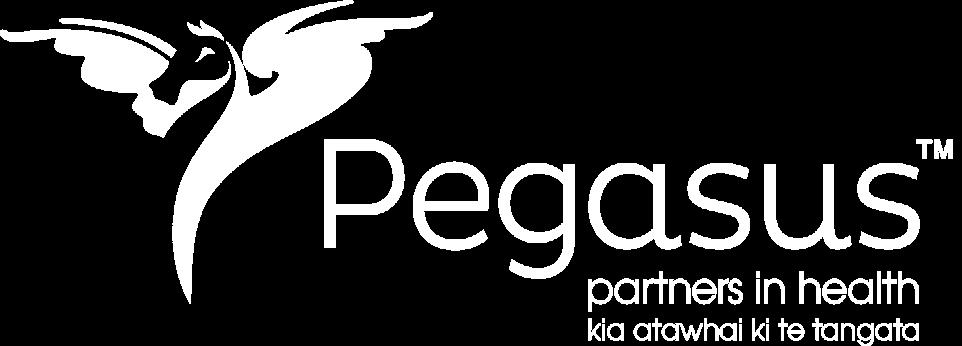Tōtara Pegasus Health Pānui
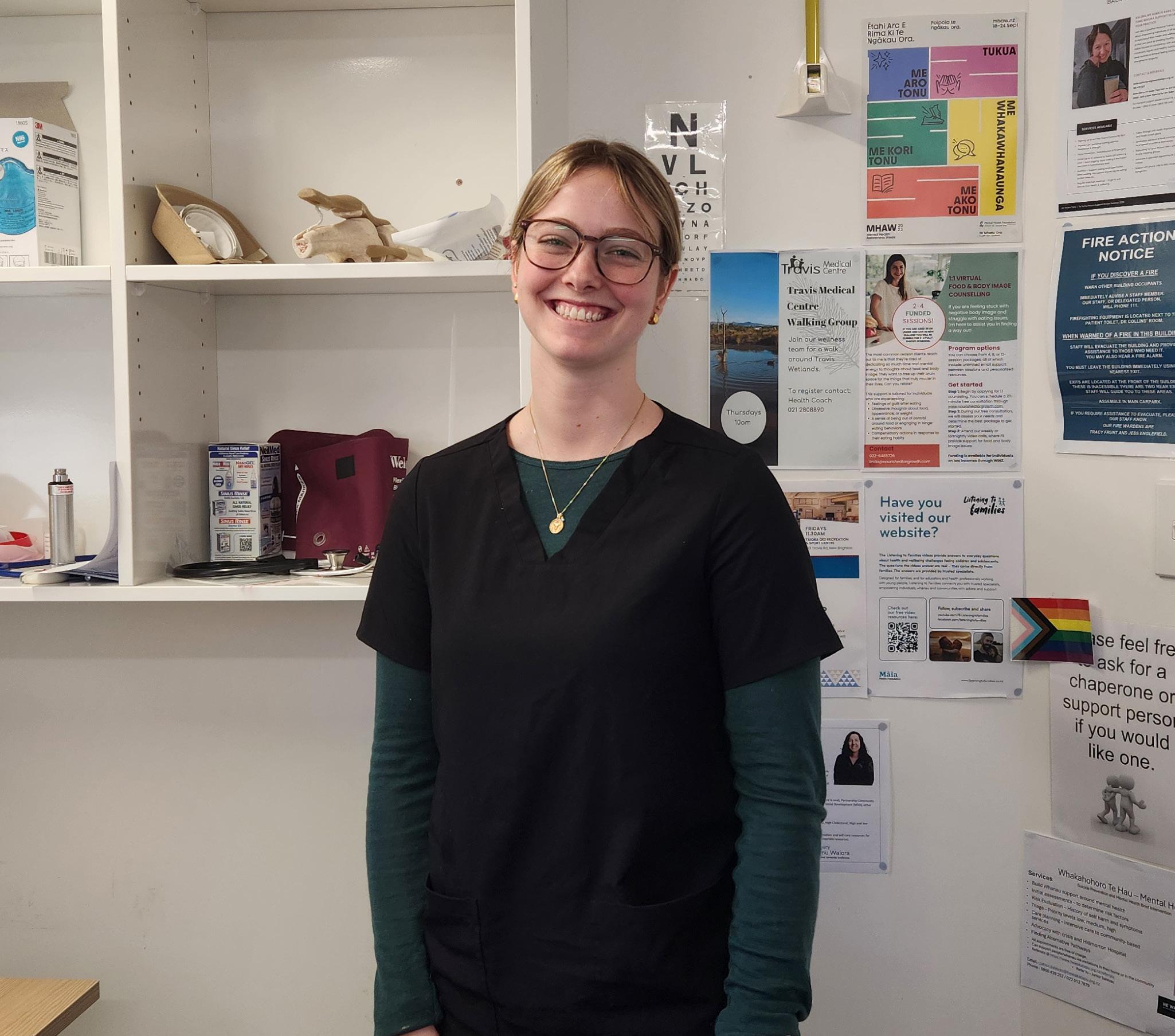


Whiringa-ā-nuku | October 2025
Putanga | Issue 08





Whiringa-ā-nuku | October 2025
Putanga | Issue 08

Pegasus House stands on land which was previously a dense Tōtara forest. The name Tōtara honours our home’s past. Just like the Tōtara tree thrives in the forest, soaring towards the sky and Ranginui, we create this newsletter with the aim of highlighting excellence in primary care and to support others to similarly flourish and strengthen.
Each issue of Tōtara Pegasus Health Pānui features stories, interviews, and new initiatives from across Waitaha Canterbury.
If you have a story, you would like our team to cover, please email communication@pegasus.health.nz
Tōtara Pegasus Health Pānui is produced by the Communications Team at Pegasus Health. Content within Tōtara Pegasus Health Pānui has been included with the approval of content providers. If you wish to reproduce, alter, or transmit any of the information or images contained within, please contact communication@pegasus.health.nz.
Pegasus Health (Charitable) Ltd is one of the Aotearoa New Zealand’s largest and most progressive PHOs and practice networks, supporting general practice in Waitaha Canterbury and the health system throughout the South Island.
At our core we exist to support practices – and through this to help provide better health outcomes to people living in Waitaha.
Our purpose is by 2030, the health outcomes for people in our takiwā have improved substantially with a
significant reduction in inequities in access and outcomes.
Our values of Inclusive, Strive, Connection, and Integrity, are underpinned by our guiding principle of Manaakitanga, to create the fabric of our ways of being as an organisation.
Pegasus has a commitment to ensure that we overtly, purposefully, and strategically thread equity and Te Tiriti o Waitangi through all we do and how we operate.
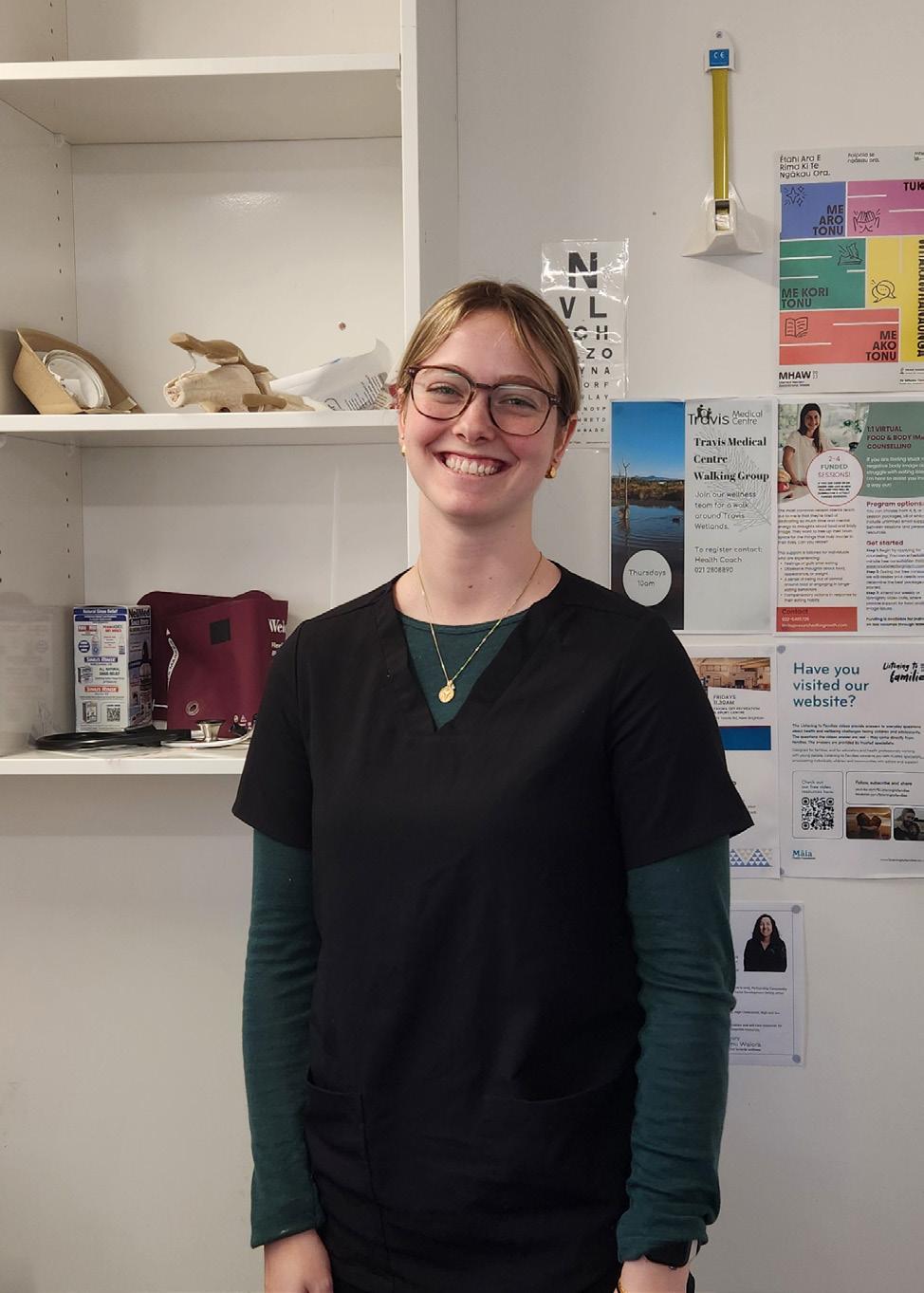
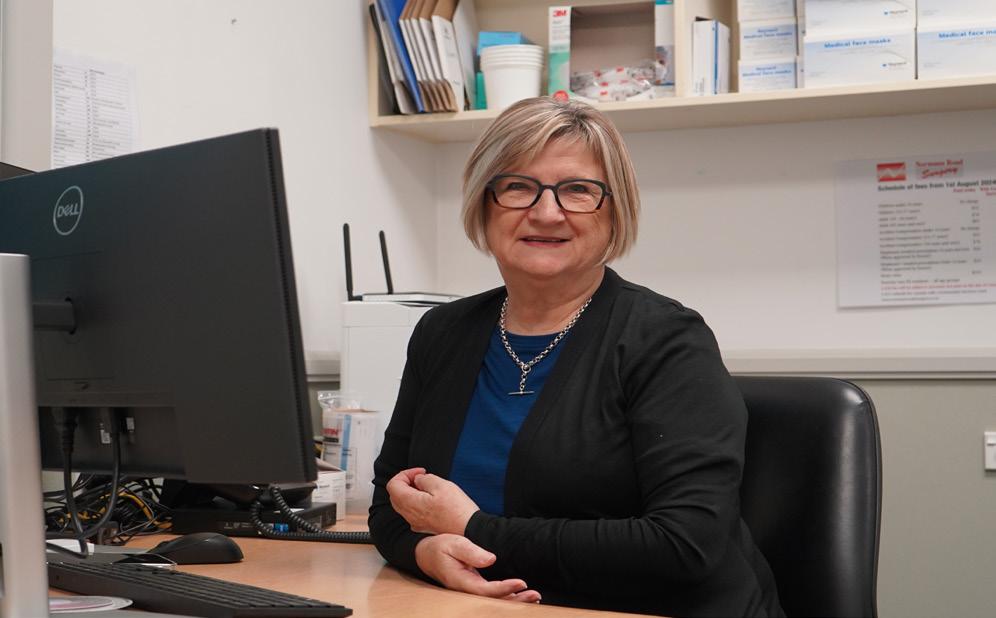
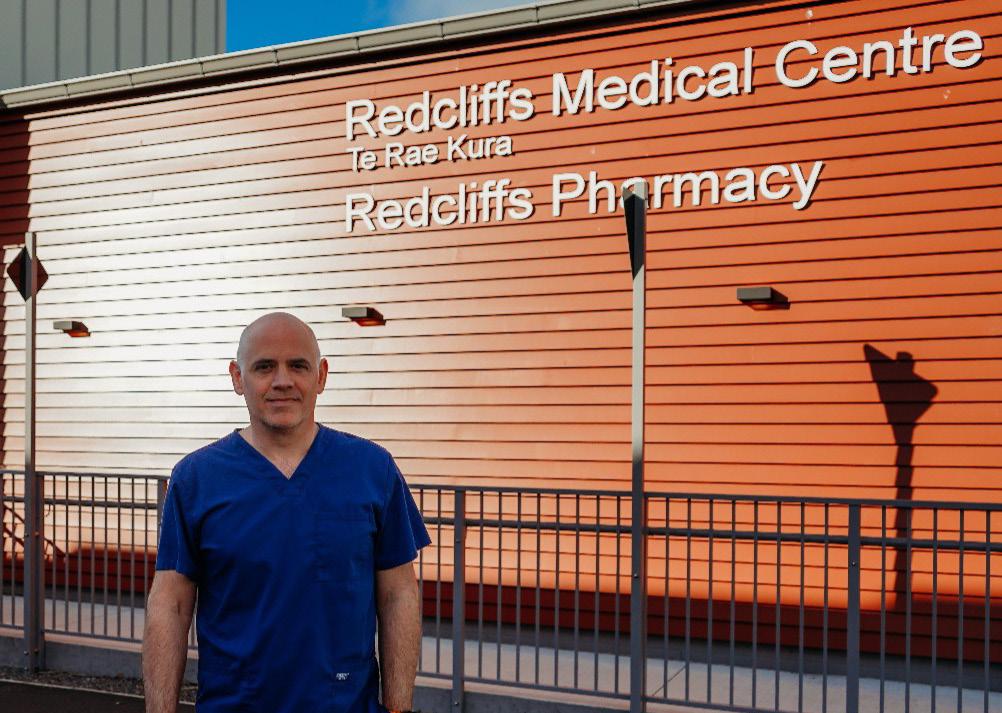
Manukura | CEO
Kia ora koutou,
As we move into spring, a season of growth and renewal, it is timely to reflect on how our network is evolving and strengthening. Across Pegasus, we see practices and people leading change, investing in workforce development, and shaping innovations with the potential to influence primary care nationally.
Professor Dee Mangin and her team are advancing a new approach to measuring the quality of primary care, grounded in the internationally recognised functions of access, continuity, comprehensiveness, and coordination.
At Travis Medical Centre, the introduction of a Healthcare Assistant role is expanding clinical support and creating new career pathways. At Redcliffs Medical Centre, a pilot employing a medical student as a Clinical Assistant has relieved pressure on GPs and improved daily workflows. Toolkits now available for practices and students make this a practical model for others to consider.
We also celebrate the people who sustain general practice. After 25 years at Normans Road Surgery, Practice Manager Yvonne Cross is retiring, leaving a legacy of strong culture and supportive leadership that will continue to shape the practice and its patients for years to come.
Equity also remains at the heart of our mahi. At Pegasus Medical Centre, a Disability 101 workshop has strengthened the team’s confidence in supporting disabled patients. At Barrington Medical Centre, practical
steps are helping make care more inclusive for Rainbow communities. These initiatives show the importance of listening, learning, and taking action to improve the accessibility of care for our people.
Together, these stories reflect the strength of a network that is responsive, connected, and committed to better outcomes. They also remind us that the foundation of general practice lies not only in new models and measures, but in the people delivering and enabling care in our communities.
Ngā mihi nui,
Kim Sinclair-Morris Manukura | CEO Pegasus Health (Charitable) Ltd.
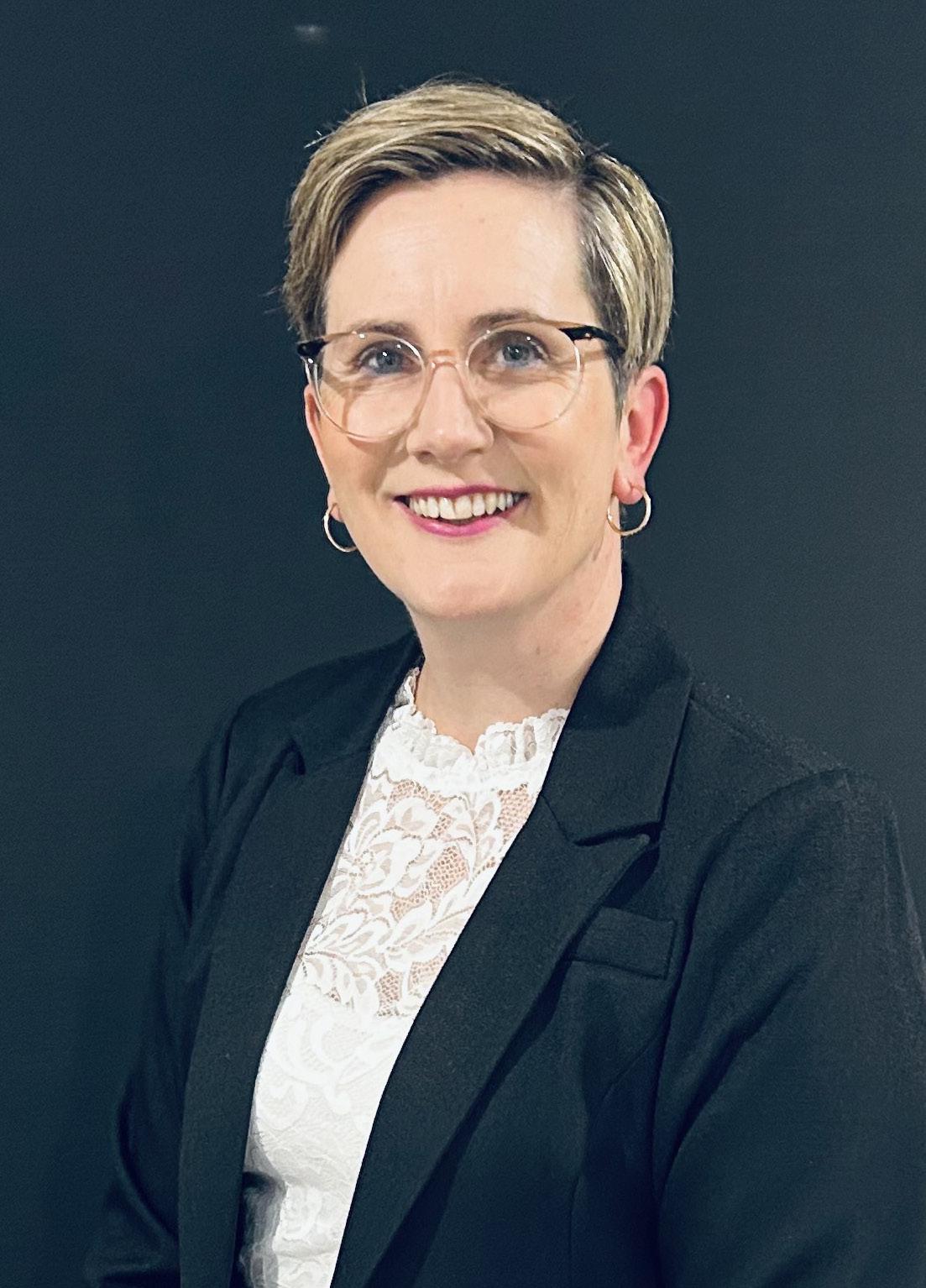
Pegasus Health, in collaboration with Professor Dee Mangin, Clinical Lead for Evidence, Data, and Evaluation, is developing a new approach to measuring the quality of general practice – one that focuses on what really matters for patients and clinicians.
“Previous performance measures of primary care have focused on individual widgets of care which are not well suited for measuring the quality of care,” Professor Mangin said. “They’ve also increased the administrative burden for practices in the “counting”, and resulted in very minimal, if any, gains for patients.”
Instead, a team led by Professor Mangin, is working on a model of measurement that is centred on the internationally recognised core functions of primary care: access, continuity, comprehensiveness, and coordination.
“We’ve got this huge opportunity to lead by developing an alternative model, that could be used nationally, of a set of core measures that are much more appropriate to our primary care generalist model,” Professor Mangin said. “These measures have got 50 years of really solid research evidence behind them in terms of improving really important outcomes like death, illness, hospital use, and reducing health system burden. They’re better aligned with patient perspectives
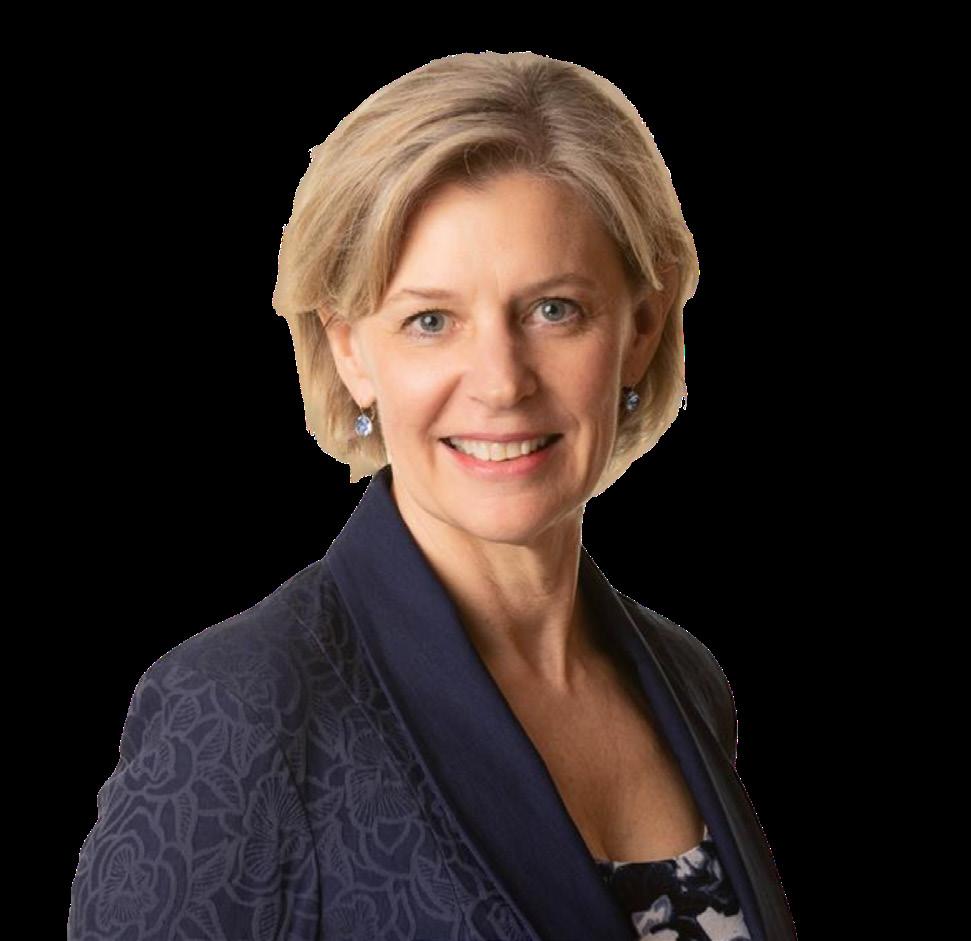
about what matters and we think we can use routinely collected data without burdening practices with recording.”
Pegasus has already piloted measures of access and continuity using appointment data, showing they are feasible, reliable, and place no extra burden on practices. Work continues to refine measures for comprehensiveness and coordination, ensuring they reflect the realities of care in Aotearoa.
By shifting to measures that capture the true strengths of general practice, the new approach will help advocate for general practice, shine the policy and funding light on what really matters and where the pressures are, and direct resources more effectively, supporting both sustainable practices and improved care for communities.
Click here to watch the Value of General Practice webinar
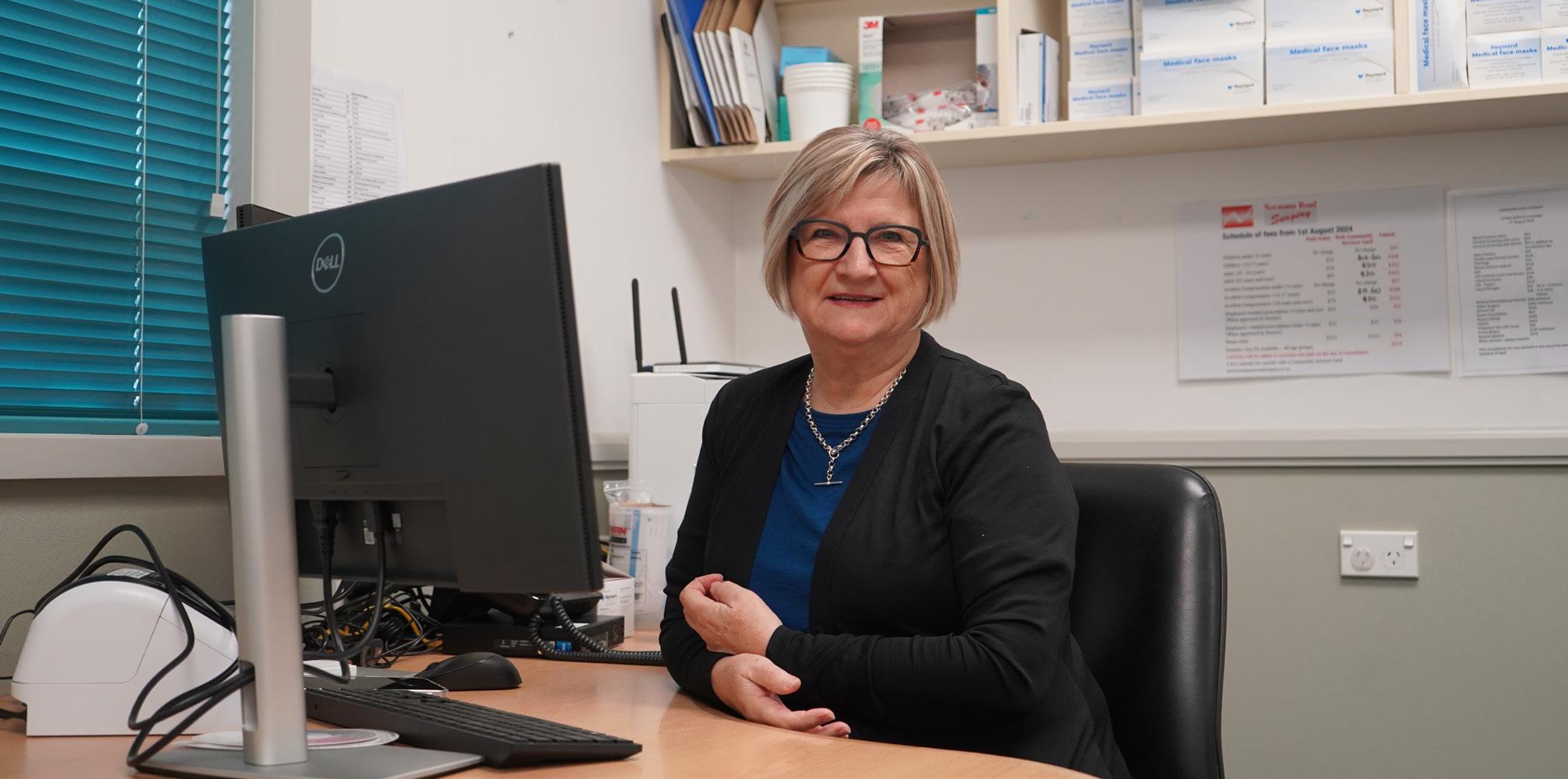
After a quarter of a century at Normans Road Surgery, Practice Manager Yvonne Cross is preparing to retire. She began in 2000 as a parttime receptionist, working evenings and Saturdays to suit her family.
After just a few years, Yvonne was appointed to the Practice Manager role and has led the practice full time for 20 years, overseeing a period of significant change in technology and funding. “Primary care is never dull. New initiatives are always coming through, and you’ve got to keep adapting,” Yvonne said.
She credits the team’s longevity and strong culture for the practice’s success.
“We’ve got long-term staff right across the board, including nurses, receptionists, and GPs. That continuity makes a real difference. I’ve always focused on keeping the work environment positive and supportive. You deal with problems early and constructively. Who wants to spend
eight hours a day somewhere they don’t enjoy?” Yvonne said.
For new Practice Managers, Yvonne offers this advice: “You need good organisational skills and a strong peer support network. Stay connected with your staff. Practice management can be lonely if you let it, so keep asking questions and learning.”
Yvonne is now ready for the next chapter. “It’s time to get off the beaten track, do the things I want to do. I’m getting back into pilates.”
What will she miss most? “The people. Having colleagues around you who you can have intelligent conversations with. That’s what I’ll miss.”
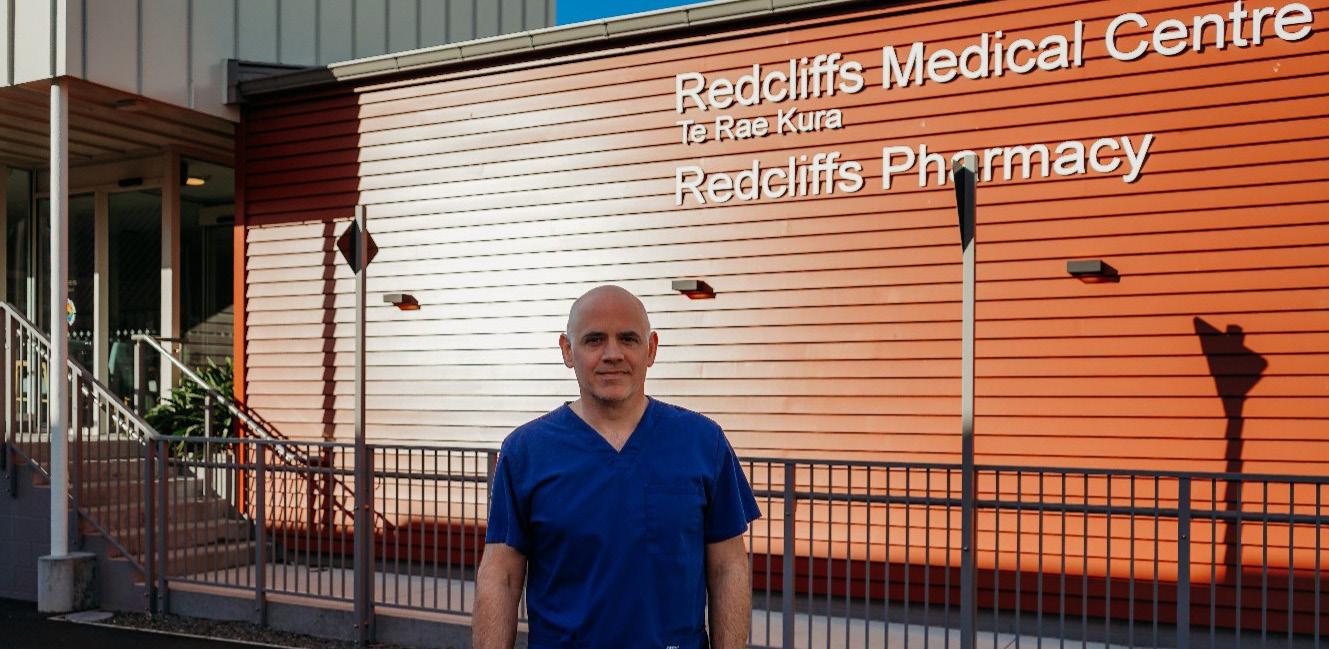
Redcliffs Medical Centre, like many practices, was balancing high general practitioner (GP) workload with ongoing administrative tasks such as managing the clinical inbox. These routine demands pulled time and attention away from patient care.
With support from the Primary Care Taskforce and Pegasus Health, Redcliffs welcomed medical student Aleks into the team as a Clinical Assistant. He received training in the Patient Management System, used a structured inbox delegation template, and worked closely with the team to establish clear workflows. Aleks also attended staff meetings to learn preferences and clarify processes.
The difference was immediate.
With Aleks managing the inbox and administrative tasks, GPs could focus more on clinical care.
“Being able to delegate tasks to someone who is reliable and can manage the inbox has been a huge weight off our shoulders,” said Dr Felix Rueppell. “When you open your inbox and see that the more routine tasks have already been dealt with, it really lightens the workload.”
The wider team noticed the benefits too, with smoother workflows and less daily pressure. Dr Felix encouraged other practices to consider the model: “Once you are up and running, the rewards are well worth it.”
If your practice would like to learn more, new Toolkits are now available for both practices and students. These include checklists, tips, and training resources.
At Travis Medical Centre, Healthcare Assistant (HCA) Kate van Peer is demonstrating the value that structured workforce development can bring to a general practice team.
Kate first joined the practice in an administrative role, working at reception. With a year of nursing study already behind her, she was eager to take up the opportunity to move into an HCA role, working more directly with patients and supporting the clinical team.
Today, Kate is gaining hands-on experience in procedures such as venepuncture and immunisation under the supervision of the nursing team, while simultaneously completing a New Zealand Apprenticeship in Health and Wellbeing through Careerforce.
“When you work as a healthcare assistant you learn the practical skills. The apprenticeship gives me the background of the health system,” Kate said.
“It helps my confidence in interacting with the patients having that background.”
Kate began her apprenticeship in February and is on track to complete it before the end of the year. Support from the whole practice team plays a key role in Kate’s success.
“All the nurses are so great. I can go to them with anything,” Kate said.
“We’ve got a great staff and we try and create an environment which is supportive,” Practice Manager, Morag Williams, said.
“Having Kate do this training has definitely been worth it for our practice. At the end of the day, it’s only added to our capacity and capability,” Morag said.
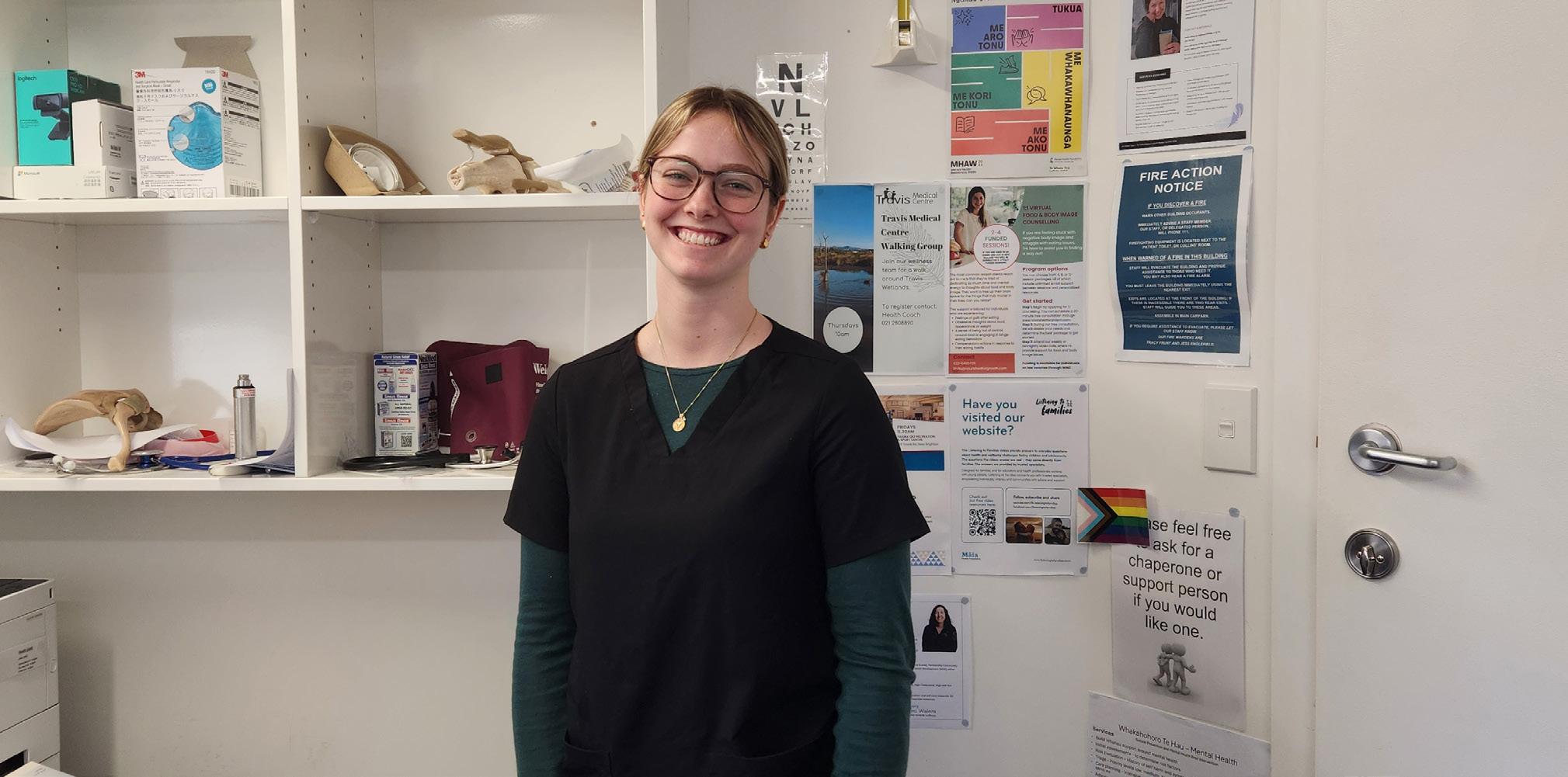
With an increasing number of LGBTQIA+ patients enrolling at their practice, Barrington Medical Centre recently took steps to build staff capability in providing inclusive, affirming care for Rainbow communities.
The team recognised that many staff had a limited understanding of the diverse identities within the LGBTQIA+ umbrella and the differing health needs and experiences that patients may present with.
Hearing directly from patients was a key driver for change. “I have several patients in the rainbow community and have heard some horror stories from them,” General Practitioner, Dr Rebecca Buchan, said.
Seeking to strengthen inclusivity, Practice Manager Karyn Doherty reached out to Pegasus for support. Pegasus connected the team with Emma Peek, LGBTQIA+ Community Educator at Qtopia and Lead Kaimanaaki at Here Toitū.
Emma attended a practice meeting to deliver a presentation covering the fundamentals of Rainbowinclusive care. Their session included an overview of terminology, the importance of pronouns, and how to demonstrate allyship in clinical interactions. They also spoke to the broader context of inequitable health outcomes, highlighting data that shows an eightfold increase in presentations of psychological distress among Rainbow communities.
The session prompted reflection within the team. “It made us think about how we subconsciously make
assumptions, e.g., when a male rings to make an appointment for his partner, we’ve been saying what’s her name, rather than what’s their name,” Karyn said.
Following the presentation, the practice has implemented several practical changes.
“We’ve added a Pride Pledge certificate at reception and rainbow decals in consult rooms, changed toilets to gender neutral and added pronouns to auto signatures,” Karyn said.
As practices work to serve the needs of their diverse enrolled populations, Barrington’s example offers a practical and achievable approach to building a more inclusive care environment.
To support more inclusive care for Rainbow patients, your practice can access practical resources via the Pride Pledge website or contact your Practice Relationship Manager for further support.

The Pegasus Medical Centre team recently took part in a Disability 101 workshop to build confidence in supporting disabled patients to receive equitable care.
More than twenty staff, including general practitioners (GPs), nurses, receptionists, and the practice manager, attended the workshop delivered by Paul Barclay, a disability expert who also has lived experience as a blind person.
The session outlined the barriers that disabled people experience when accessing care. While disabled people have a higher need for health services, accessing care at 2.1 times the rate of the general population, they face considerable barriers, including cost, transport, and limited availability of support or carers.
The presentation explored different models of disability and showed how practice teams can support disabled patients to access quality care equitably.
Support varies depending on the individual, but understanding and respect are key. Practical strategies include using clear, definitive language for patients with learning disabilities, adjusting to meet the eye level of patients who use wheelchairs, and describing physical obstacles to blind patients.
“It’s embarrassing to need reminders,” Pegasus Medical Centre GP, Dr Janet Robinson, said.
The practice team are keen to apply the learnings and further strengthen equitable access and care for disabled patients.
“We were all able to take something from this workshop, it’s a good opportunity to consider strategies addressing barriers and the discussions we have with our patients,” Practice Manager, Chantal Woodham, said.
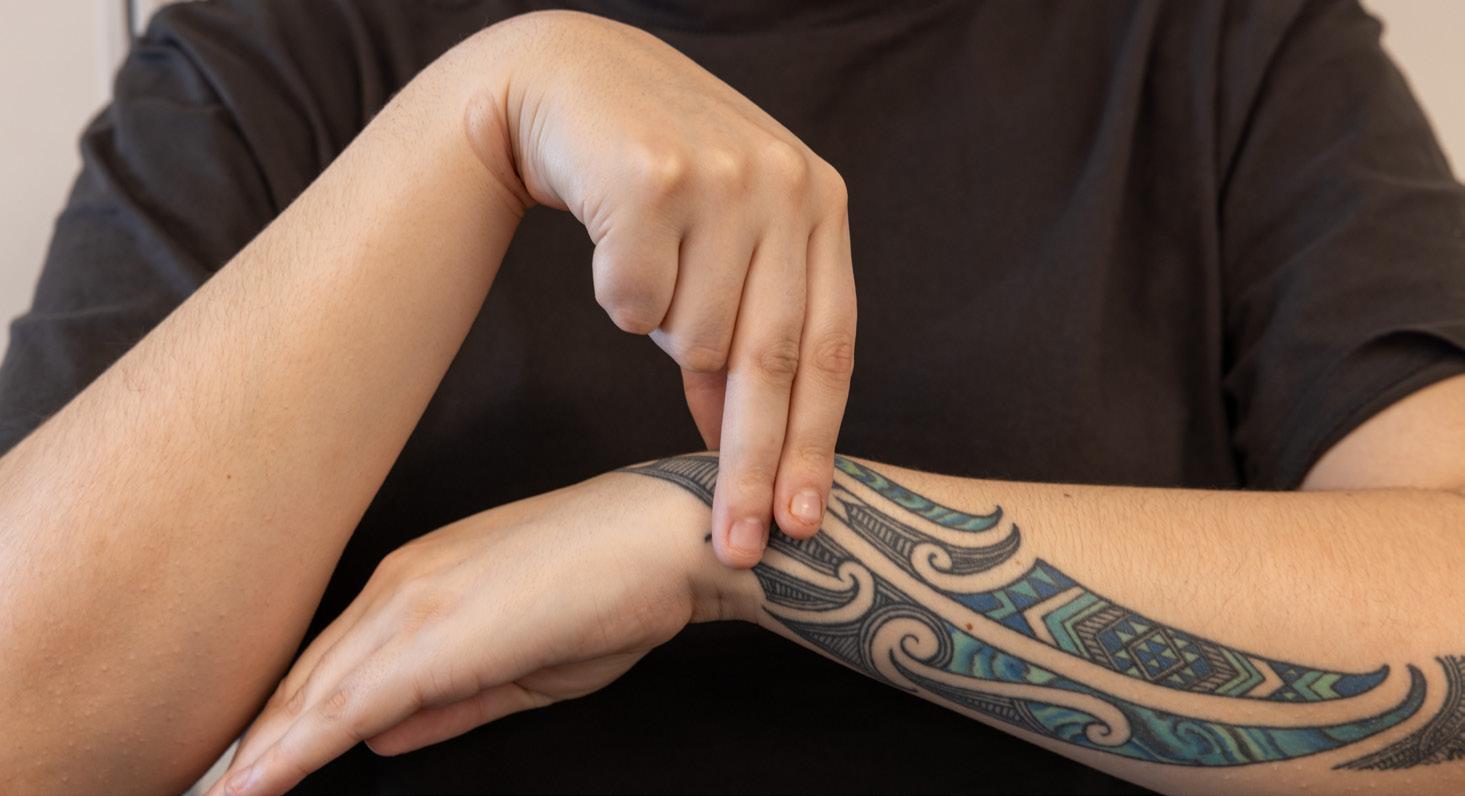
If you have feedback on this issue or would like to share a suggestion for a story in our next issue please contact communication@pegasus.health.nz.
Tōtara Pegasus Health Pānui is produced by the Communications Team at Pegasus Health. Content within Tōtara Pegasus Health Pānui has been included with the approval of content providers.
If you wish to reproduce or alter and transmit any of the information or images contained within, please contact communication@pegasus.health.nz

